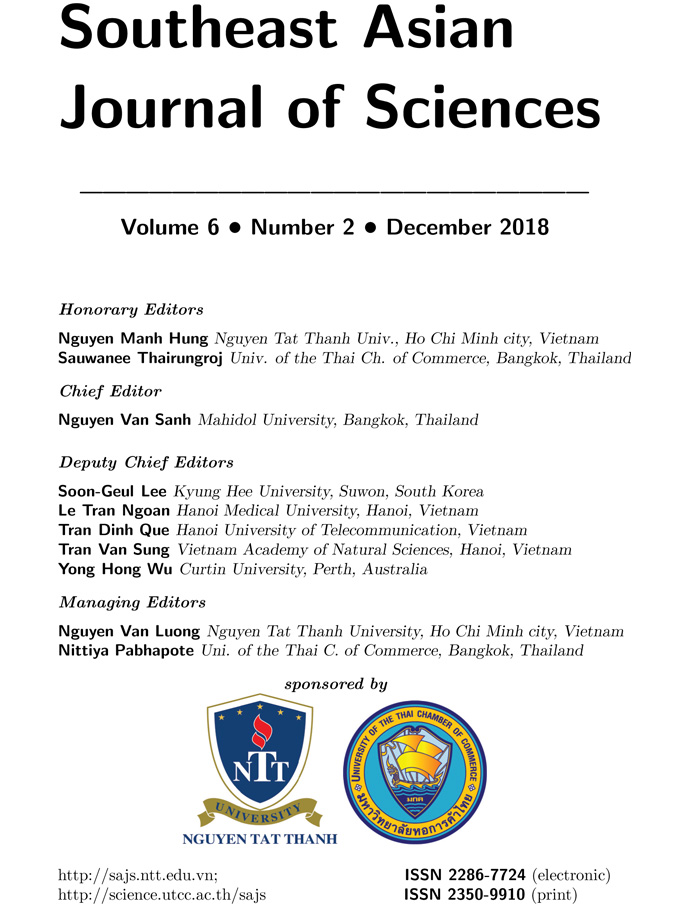THE RELATIONSHIP BETWEEN DEPRESSION AND FRAILTY STATUS: A LONGITUDINAL COHORT STUDY
Abstract
Frailty is a medical syndrome characterized by increased vulnerability to minor stressors and is preventable. Individuals who are depressed often experience worsening frailty status. This study aimed to investigate the factors associated with changes in frailty status and depressive symptoms, as well as the relationship between depressive symptoms and changes in frailty status over a four-year follow-up period. We utilized data from the 2007-2011 waves of the Taiwan Longitudinal Study on Aging (TSLA), involving adults over 65 years old (n = 1,283). Frailty was assessed using the Fried frailty phenotype, while depressive symptoms were measured using an 8-item version of the Center for Epidemiologic Studies Depression Scale (CES-D). A multinomial logistic regression analysis was conducted to identify the association between depressive symptoms and changes in frailty status over four years. Among the participants, 33.0% experienced worsening of their frailty status, 40.1% maintained their frailty status, and 11.6% showed improvement over the four-year period. Older adults with higher levels of depressive symptoms had a higher likelihood of frailty improvement (RRR = 1.147) compared to those with stable frailty status, after controlling for individual covariates, chronic diseases, and social support components across the entire study population and in analyses of both male and female subgroups. Being aged 75 years or older was predictive of an increased risk of frailty worsening across the entire cohort and was particularly observed in male participants. A history of heart disease was found to predict a lower likelihood of maintaining frailty stability across the entire cohort and was also observed in male participants. Preventing depressive symptoms among older adults may contribute to maintaining stability in frailty status over time.

